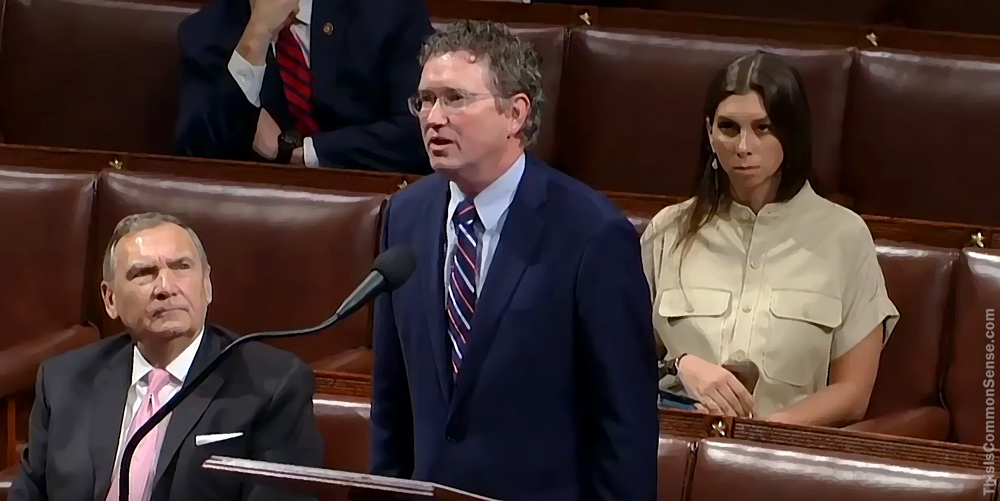I don’t gawk at car crashes. I did not watch the ISIS beheadings. Bloody slasher movies aren’t my thing.
And neither was the recent hearing held by the House Subcommittee on the Weaponization of the Federal Government. It was so hard to watch I could hardly take more than a few minutes at a time.
Before the committee appeared two of the three heroes of Twitter Files fame: Michael Shellenberger, listed as “Author, Co-founder of the Breakthrough Institute and the California Peace Coalition”; and Matt Taibbi, Journalist.
Or, as Del. Stacey Plaskett (D‑U.S. Virgin Islands) referred to them, “so-called journalists” — before she asked her first question.
Mr. Schellenberger testified about “The Censorship Industrial Complex” and Mr. Taibbi’s testimony was a less elaborate narrative about how he got involved in the Twitter censorship issue, and what he discovered in working through the files. But Del. Plaskett and Rep. Debbie Wasserman-Schultz (D‑Fl) were far more interested in discrediting what they said by attacking their qualifications and methods, not dealing with the facts they found.
Rep. Sylvia Garcia (D‑Tx) was the worst. I hand it to you if you can stomach her full interrogation — I came away wondering mostly about her IQ.
My negative reactions? Hardly an outlier.
“Journalists Matt Taibbi and Michael Shellenberger were a credit to their profession and to all Americans who genuinely care about a free press and the First Amendment,” wrote Maud Maron in an op-ed for The New York Post explaining why she was walking away from the Democratic Party: the party has fully endorsed censorship. The Democrats at the hearing “questioned, mocked, belittled and scolded [Taibbi and Schellenberger] for not meekly accepting government knows best” — proving themselves “an embarrassment.”
It might be good for our side when our enemies make fools of themselves. But it’s hard to watch.
This is Common Sense. I’m Paul Jacob.
Illustration created with PicFinder.ai
See all recent commentary
(simplified and organized)
See recent popular posts




